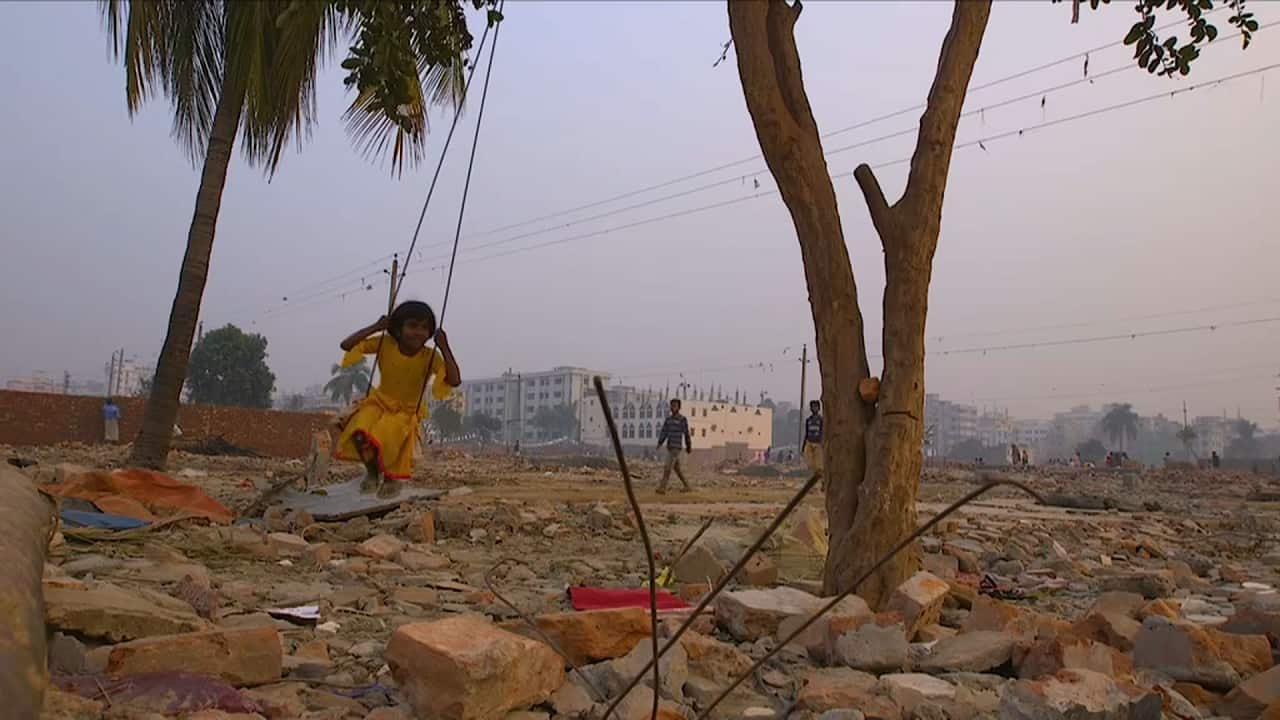SBS chief political correspondent Brett Mason reports from Dhaka, Bangladesh
Federal politicians have witnessed first-hand how some of the "most marginalised" people in Bangladesh live, amid a major review of Australia's foreign aid budget.
Representatives from both the Liberal and Labor parties are in Bangladesh to learn about Australia's aid program there, which is budgeted at $105 million dollars in 2020.
On Sunday, Labor's Home Affairs spokesperson Kristina Keneally and Liberal MP Angie Bell visited an early learning centre and a women's microfinancing initiative in one of Dhaka's extremely poor enclaves.
Speaking to SBS News during the visit, Senator Keneally said the experience made her think about how Australia could "do more".
"I think Australia has to recognise our responsibility as a first world country to contribute to our region, to contribute to lifting people out of poverty," she said.
Senator Keneally said Australia needed to "ask ourselves as a country, what more can we do to transform the lives of some of the most poor people in the world".
The senator said helping women was particularly important.
"They say that women hold up half the sky, they say if you change a woman's future, you change her family's future and that's what we're seeing here today."
Ms Bell told SBS News that she was moved by the visit to the slum.
"It's been confronting and [I was] a little bit teary," she said.
But the MP said there was a "great sense of pride".
"It is a small investment for us that is wide-reaching, far-reaching and changing the lives of Bangladeshi people."
Last year, Prime Minister Scott Morrison announced a review of Australia's $4 billion a year foreign aid budget.
The country currently spends around .08 per cent of its federal budget on foreign aid, which is less than most OECD countries.
The last comprehensive review of Australia's foreign aid program was released in 2013.

A child plays in one of Dhaka's poorest neighbourhoods. Source: Brett Mason
Australia commits $1.4 billion to the Pacific, $1 billion to Southeast and East Asia, $266.2 million to South and West Asia (which includes Bangladesh) and $199.8 million to the Middle East and Africa.
The rest of the money goes to other humanitarian assistance programs, a gender equality fund and climate change.
Brett Mason travelled to Bangladesh as part of the Australian Regional Leadership Initiative, funded by the Gates Foundation.
Share


